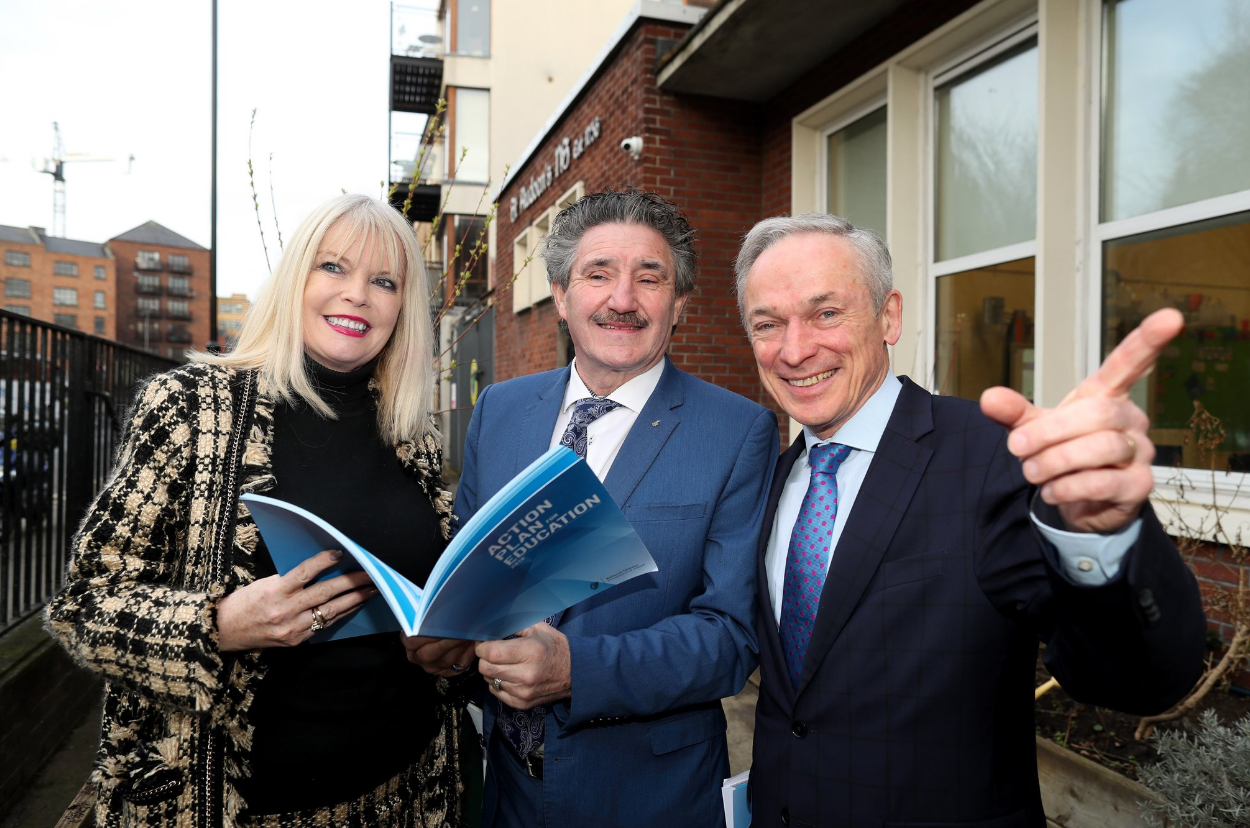
This year’s Action Plan for Education builds on the aims and achievements of the Action Plans launched in 2016 and 2017. Last year’s plan stated that a funding model for higher education would be announced for Budget 2018 but this did not occur. A funding model is not mentioned in this year’s plan.
The plan, led by Minister for Education and Skills Richard Bruton, does, however, outline over 370 actions to be taken within the education sector, with the overall aim of making Ireland’s education and training system the best in Europe by 2026.
Information is scarce with regards to higher education in the document, however, it does state that the government aims to enact the Technological Universities Bill soon, as it recently passed through all stages of the Dáil. According to the Action Plan, the government aims to have the first technological university open by September 2018.
A number of aims are stated to enhance the learning experience for students within third level institutions. Developing “a consistent digital experience for third-level students and engage with students and teachers to develop their digital skills and knowledge” and “a strong evidence base for enhanced third-level pedagogy through targeted research and development projects” were among these goals.
The document also hinted at future plans to create financial incentives for third level institutions to respond to skills gaps. In November, Bruton introduced a strategy to encourage more young students to pursue Science, Technology, Engineering and Mathematics (STEM) in order to fill positions in a growing sector.
The document also said that the Department of Education would “support” an increase in the number of flexible courses and opportunities available, where students are able to attend courses part-time, in the evening, over the summer and at weekends. The department will also “support” the introduction of mid-degree “sandwich year” courses, whereby students spend their third year of university working in an industry related to their course.
The final page of the document mentions also plans to implement a national access programme for higher education to boost college numbers of mature students and those from families without a history of third-level education, although no detail is provided. The government has recently made moves to promote greater diversity in higher education.
In response to Brexit, the Action Plan states that a strategy to attract researchers to higher level institutions in Ireland will be published, in order to combat potential hesitation on the part of researchers in the UK and the EU to advance collaborative research projects. According to the plan, the government also wishes to increase Erasmus uptake.
Included in the Action Plan document is an End of Year Review for last year, which outlines the progress made over 2017. According to the document, 86% of the aims for 2017 were achieved, which included the new grading system and common points scheme for the Leaving Certificate.
Speaking at the launch of the Action Plan this morning, Bruton stated: “The expectations from our education and training service are changing. The challenge in the years ahead will be to invest and transform our education system so that it broadens career path.”






